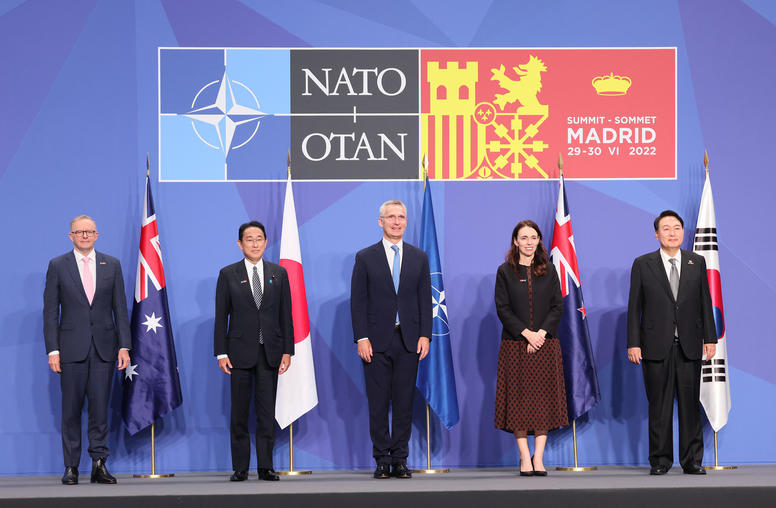Security Sector Governance and Reform: Assessment, Design, and Evaluation
This follow-up course to USIP's Security Sector Governance and Reform course is geared towards peacebuilding practitioners who are actively working to design and implement an SSG/R project. The course provides a framework and considerations for assessing, designing, implementing, and measuring outcomes of SSG/R projects.

Learning Objectives
By the end of this course, participants will be able to:
- Explain the goals, challenges, types, and steps of SSG assessment.
- Differentiate between types of implementation approaches.
- Describe the purpose of M&E for SSG/R programs and its challenges.
- Explain key concepts of M&E, including theory of change, indicators, and different evaluation methods.
- Recognize the importance of integrating evaluation findings into programming.
Agenda:
Chapter 1 - Assessment
The first chapter of this course explores the complexity of SSG/R from a peacebuilding perspective. It begins by defining key terminology, including security sector actors, security sector governance, and security sector reform.
Chapter 2 - Design and Strategic Planning
This chapter introduces structural drivers and triggers of election violence, and commonly used analytical frameworks.
Chapter 3 - Measuring Outcomes
This chapter identifies upstream or early prevention approaches.
Chapter 4 - Conclusion
In the final chapter, you will be asked to reflect on what you have learned in the course, provide feedback, and complete a final exam to earn your certificate.



